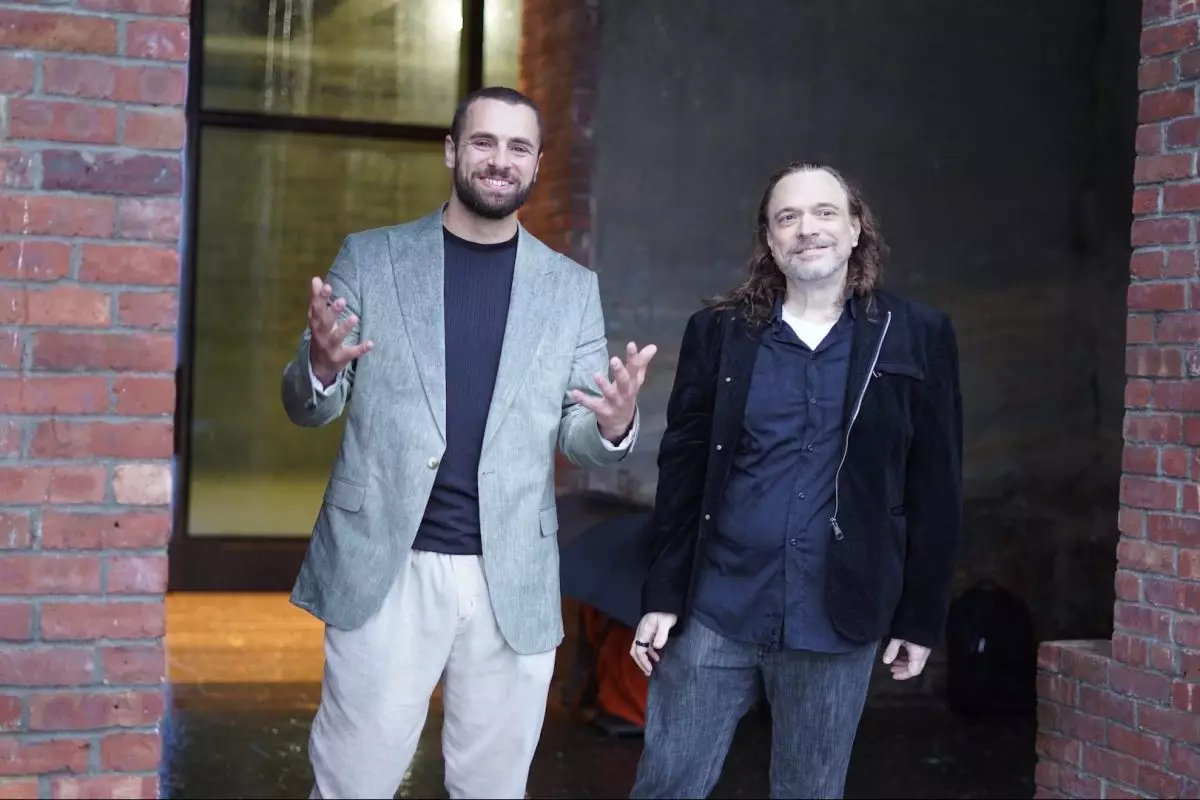In the rapidly evolving world of artificial intelligence, the integration of diverse open-source tools presents both opportunities and significant challenges for businesses. Enter Cake, a fresh startup emerging from stealth mode, offering a streamlined solution for organizations looking to harness AI without getting bogged down by the complexities of infrastructure management. Backed by Google’s AI-focused venture fund, Cake is poised to transform how enterprises compile, integrate, and secure their AI frameworks.
Founded in 2022 in New York by Misha Herscu and Skyler Thomas, Cake stands out in a crowded field of AI solutions. The concept behind the name “Cake” metaphorically illustrates the way it layers and integrates over a hundred components—including data source adapters like Apache Hadoop and data ingestion tools such as Apache Kafka—into a unified, coherent platform. The aim is to make AI technologies more accessible and manageable for businesses, especially smaller teams that lack the resources to navigate the sprawling AI ecosystem.
Misha Herscu, the company’s CEO, has a significant background in AI, having founded and sold McCoy Medical Technologies, which focused on machine learning infrastructure for the medical field. Drawing from extensive interactions with over 200 corporate executives in the AI space, Herscu identified a critical obstacle: the myriad of components that need to be seamlessly integrated to generate a functional AI stack.
Large organizations often face hurdles when attempting to leverage open-source tools—many of which emerge from research labs but lack the robustness required for enterprise applications. Businesses frequently find themselves in a complicated position, forced to piece together multiple components to build a custom solution, an endeavor that can consume valuable time and resources.
Cake addresses this “big picture problem” by offering a managed solution that takes a curated selection of open-source projects and delivers them as an integrated, easy-to-use infrastructure. Businesses can thus focus on innovation and application rather than the logistics of integration.
One of the principal advantages of Cake’s model lies in its capability to alleviate engineering overheads that plague enterprises aiming to implement AI solutions. For instance, consider a large financial services firm needing to analyze millions of complex financial documents for improved natural language processing. Without off-the-shelf options that meet compliance requirements, this firm would typically have to undertake the cumbersome process of manually integrating multiple tools. Cake simplifies this process by providing a pre-assembled solution tailored for such needs.
With applications extending to various sectors—healthcare institutions requiring secure image analysis systems, or e-commerce platforms enhancing their recommendation engines—Cake’s versatility is evident. The startup’s approach allows businesses to bypass the arduous task of custom integrations, providing a quicker, tested path to deploying advanced AI functionalities.
Skyler Thomas, Cake’s CTO, brings a wealth of experience from roles in major tech firms like IBM and Hewlett Packard Enterprise. His insights into leveraging open-source tools effectively highlight the shared challenges faced by enterprises: while the technology is cutting-edge, its practical implementation is often lacking.
Thomas notes that substantial time and resources are expended by businesses attempting to adapt fresh research outputs into their established systems. Many open-source tools demand significant investments in security and scalability to meet corporate standards, which is where Cake seeks to fill the gap. By developing a managed infrastructure, Cake promises enterprises a reliable and secure avenue for incorporating the latest innovations without compromising on usability.
Though currently positioned in a landscape alongside notable players like Aiven and Red Hat, Cake distinguishes itself by its focus on the entire AI stack rather than individual components. This holistic approach positions it as an attractive option for enterprises ready to embrace AI but wary of the integration minefield.
Having raised $13 million in funding, including a recent $10 million seed round led by Google’s Gradient Ventures, Cake is focusing on expanding its operations and refining its offerings. With plans for future funding rounds, the startup aims to scale its operations while enhancing its product offerings. The potential for a hosted version of its solution may be on the horizon, addressing the needs of organizations with less stringent compliance requirements.
As Cake continues to gain traction, it stands as a promising player in the AI space, offering solutions that simplify the complexities of implementing and integrating open-source technologies. The team’s vision of empowering smaller enterprises with robust, easily manageable AI tools may very well herald a new era in AI integration, where businesses can confidently explore the vast potentials of artificial intelligence without becoming overwhelmed by operational intricacies.

